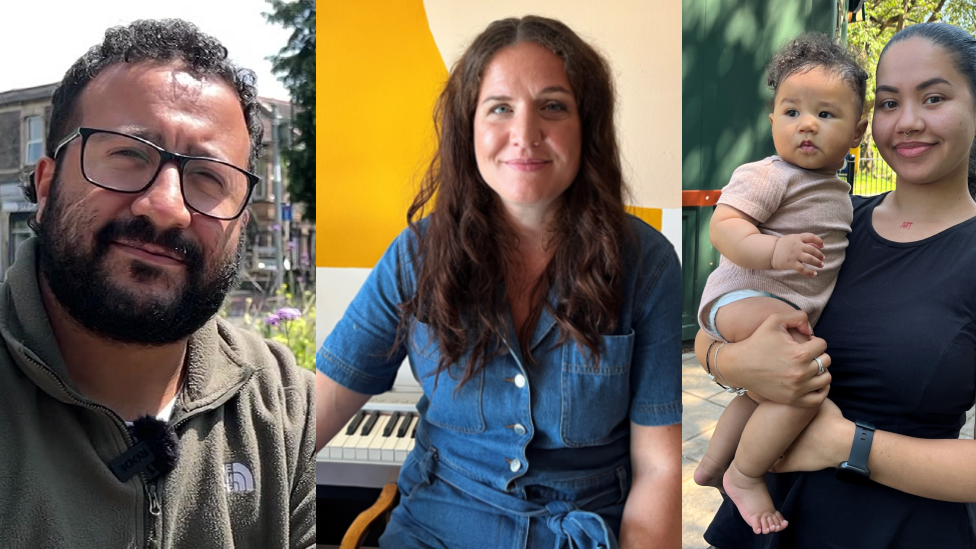World's first IVF baby backs fertility campaign
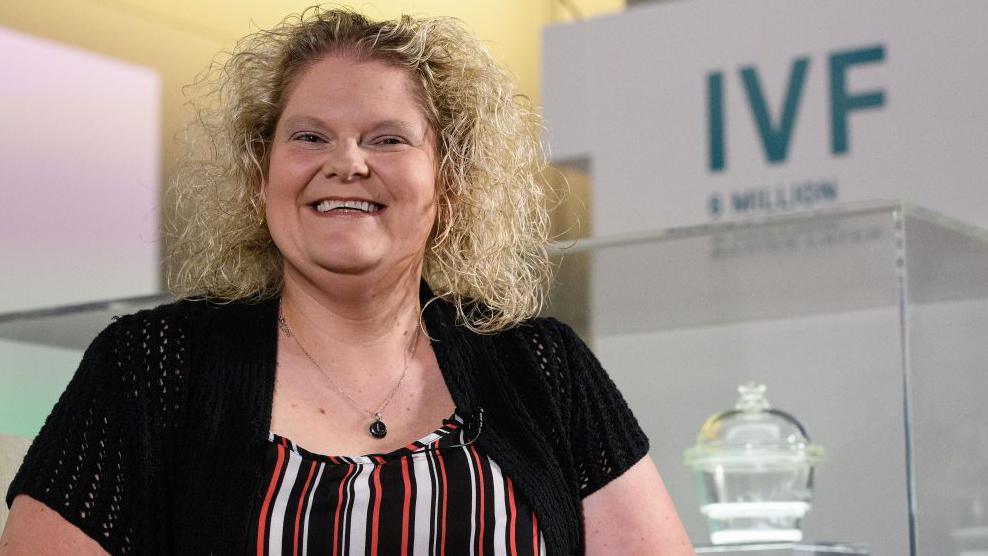
Louise Brown was the first to be born via IVF in 1978
- Published
The world's first IVF baby has given her backing to an international fertility care campaign.
Louise Brown, 47, from Bristol, was the first in the world to be born via in vitro fertilisation (IVF) at Oldham General Hospital on 25 July 1978.
Ms Brown is now working with the International Federation of Fertility Societies (IFFS) on their More Joy campaign, a movement pushing for affordable, fair and accessible fertility care globally.
"In my school days, sex education lessons were all about avoiding pregnancy. This initiative is teaching people how to build healthy families and protect their fertility," Ms Brown said.
Ms Brown said she was "really proud" to be supporting the campaign and her experience of travelling to reproductive health conferences internationally has allowed her to see "first hand" how fertility treatments can "make a real difference" to falling birth rates.
In June, Dr Natalia Kanem, head of the United Nations Population Fund (UNFPA), said world fertility rates were in an "unprecedented decline", due to a number of factors, including the prohibitive cost of parenthood.
Surveying 14,000 people in 14 countries about their fertility intentions, the UNFPA found one in five people haven't had or expect they won't have their desired number of children.
In total, 12% cited infertility - or difficulty conceiving - as a reason for not having the number of children they wanted.
However, the figure was higher in some countries including Thailand (19%), the US (16%), South Africa (15%), Nigeria (14%) and India (13%).
Meanwhile, In 2024, figures from the Office for National Statistics showed the lowest fertility rate on record in England and Wales, with women having on average of 1.44 children between 2022 and 2023.
'Support they need'
IFFS president Marcos Horton said the organisation, which was established in 1968 and brings together fertility specialists worldwide, said while "fertility is a fundamental part of human health", many "face barriers in accessing care".
He said the campaign aims to "make fertility care more accessible and equitable, while also educating people about infertility prevention and healthy family planning".
"With ambassadors like Louise, we can raise awareness internationally, influence policy, and ensure that more people have the support they need to start a family when they are ready," he added.
Get in touch
Tell us which stories we should cover in Bristol
Follow BBC Bristol on Facebook, external, X, external and Instagram, external. Send your story ideas to us on email or via WhatsApp on 0800 313 4630.
- Published25 July 2018
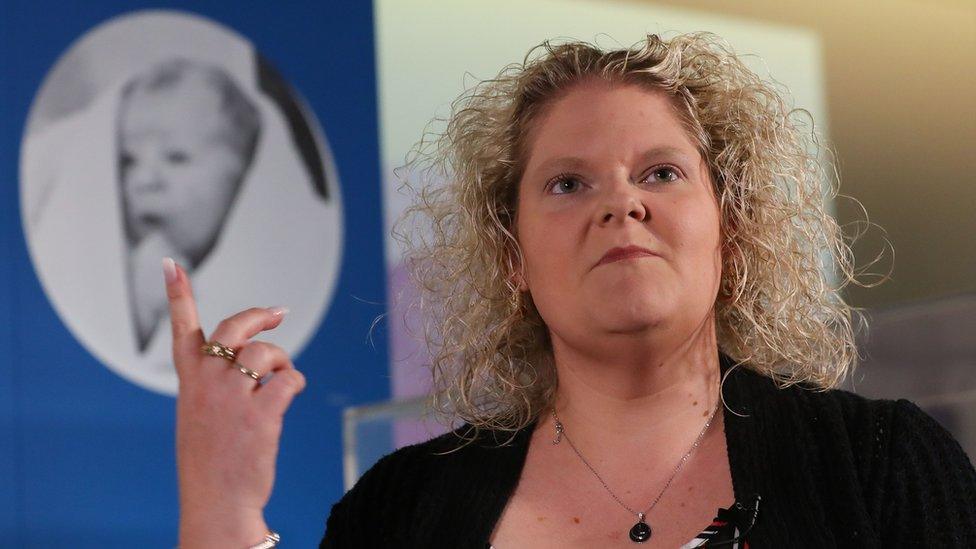
- Published11 June 2024
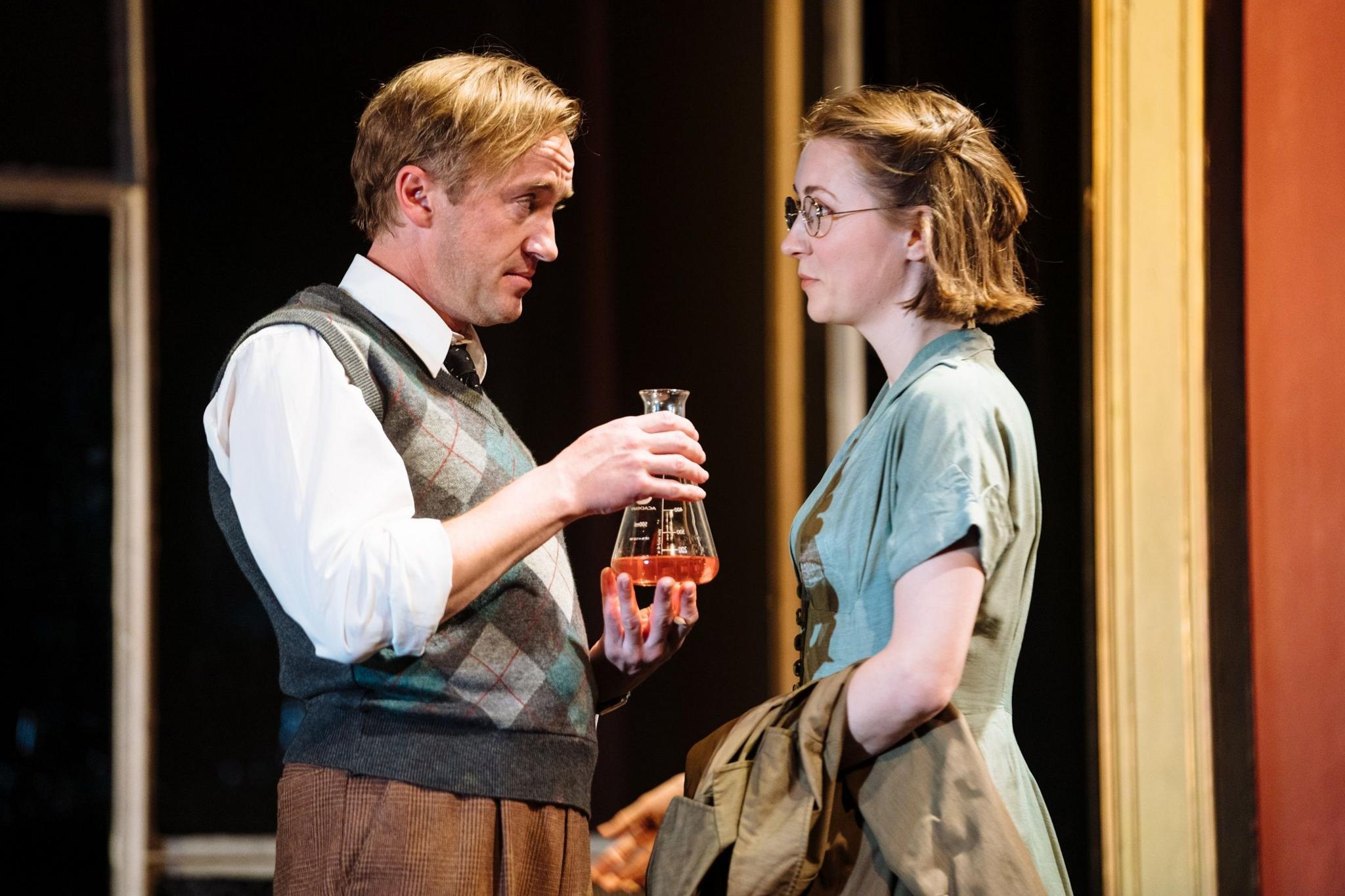
- Published22 November 2024
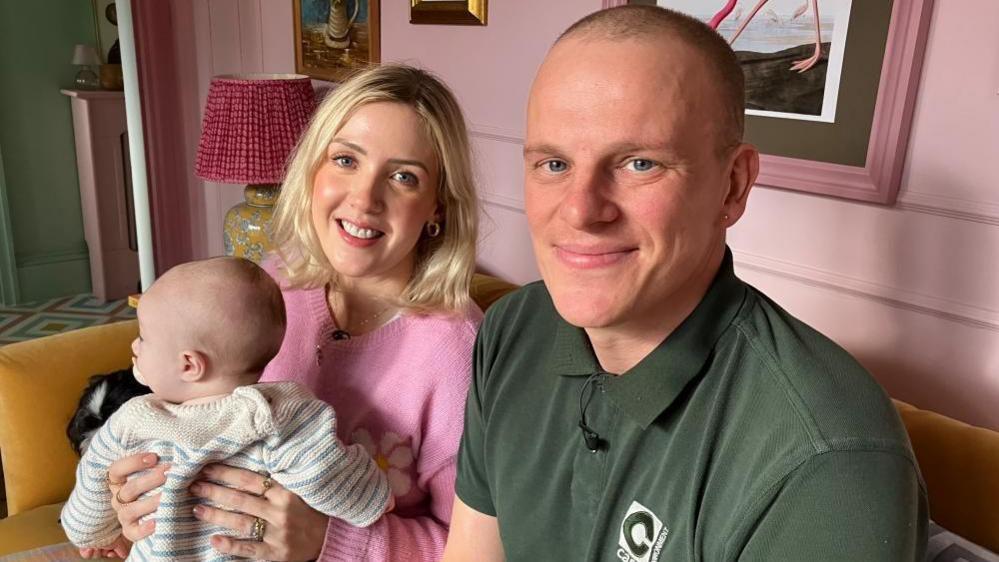
- Published25 July 2018
- Published29 June
